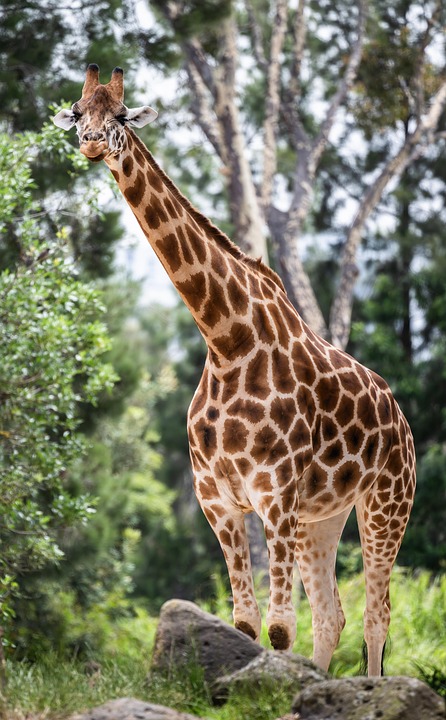Essential Interview Guides for Conservators: Tips and Strategies for Success
When it comes to securing a position as a conservator, the interview process can be both exhilarating and daunting. Candidates often find themselves navigating a labyrinth of expectations, questions, and assessments designed to gauge not only their technical skills but also their passion for preservation. Here are some indispensable tips and strategies to enhance your chances of success in this highly competitive field.
Understanding the Role
-
Know Your Craft: It’s crucial to have a deep understanding of the materials and techniques relevant to your specialisation. Whether you’re focused on textiles, paintings, or archaeological artefacts, ensure you can articulate your methods and the rationale behind them. Potential employers are keen on candidates who can demonstrate both theoretical knowledge and practical application.
-
Research the Institution: Familiarise yourself with the organisation you’re interviewing for. What are their core values? What recent projects have they undertaken? Showing that you’ve done your homework will not only impress your interviewers but also allow you to tailor your responses to align with the institution’s objectives.
Mastering the Interview
-
Articulate Your Experience: Your CV is merely the tip of the iceberg. Be prepared to discuss specific projects you’ve worked on, challenges you’ve faced, and how you overcame them. Use the STAR method (Situation, Task, Action, Result) to frame your responses, providing a clear narrative that highlights your problem-solving skills.
-
Prepare for Practical Assessments: Often, interviews for conservators involve practical tests. Anticipate scenarios where you might have to demonstrate your skills or make decisions based on hypothetical situations. Practising these scenarios with peers can be immensely beneficial.
Communicating Passion and Vision
-
Express Your Motivation: It’s not enough to be skilled; you must also convey your passion for conservation. Discuss what drives you—be it a specific piece of art, a historical period, or the satisfaction of preserving cultural heritage for future generations. Authentic enthusiasm can set you apart from other candidates.
-
Future Outlook: Be ready to discuss your vision for the future of conservation. What innovations do you foresee? How do you think the field will evolve in the next few years? This demonstrates not only your engagement with the profession but also your commitment to continuous learning and adaptation.
Building Connections
-
Network Wisely: Don’t underestimate the power of networking. Engaging with professionals in your field can lead to valuable insights and opportunities. Attend conferences, join relevant organisations, and participate in forums to broaden your connections and knowledge base.
-
Seek Feedback: After the interview, consider reaching out for constructive feedback, regardless of the outcome. This not only shows your commitment to professional development but also helps you refine your interview techniques for future opportunities.
Embracing the Journey Ahead
In the realm of conservation, where passion meets precision, navigating the interview landscape is a skill that can be honed with practice and preparation. By understanding the role, mastering the interview process, and effectively communicating your vision, you position yourself as an outstanding candidate in a field that thrives on dedication and expertise. Remember, CVPortal continually provides a wealth of high-quality CV references to support your journey toward a successful conservation career.


